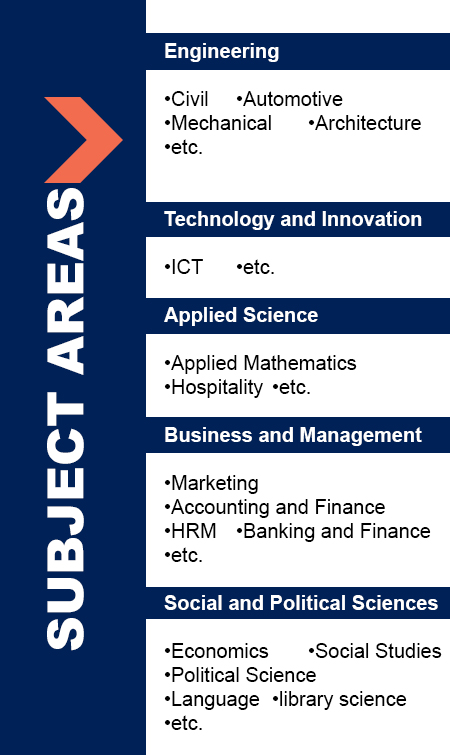Factors Affecting the Use of Andragogical Principles in Adult Education Programs in Lagos State, Nigeria
DOI:
https://doi.org/10.47127/ijtmr.v4i1.73Abstract
The argument that adults deserve to be treated differently in the teaching/learning milieu has been brought to the forefront by many researchers and adult educators, spearheaded by Malcolm Knowles’ notion of andragogy. Knowles asserted that adults require certain conditions to learn. Generally, literature has also supported the idea that teaching adults should be approached differently from that of adolescents. There are several adult education programs in the Lagos State of Nigeria. This study examined the level of awareness of, and factors that affect the use of andragogical principles in these programs; facilitators and learners’ perception of their roles in teaching/learning, as well as method used. Some 361 participants from six different Adult Education programs and 132 facilitators were used for the study. Interviews and Sit-in-observations, together with the questionnaire, were used to gather data. Chi-squared statistical analysis revealed that facilitators were mostly aware of, but did not make use of andragogical principles in helping adults to learn due to several factors. Suggestions made for improvement include that appropriate training for adult educators be encouraged, as well as expanded use of technology to facilitate adult learning towards national development.








